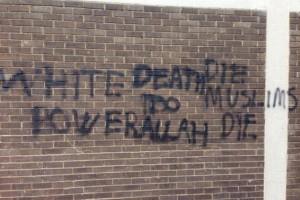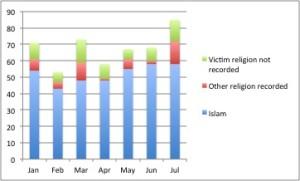Yesterday HM the Queen, now her 90th year, attended the Annual Commonwealth Day Service at Westminster Abbey. As Head of the Commonwealth, her commitment and dedication have been central to making this loose linking of 53 countries a tried and tested force for stability and mutual cooperation.
The Commonwealth is a fortuitous creation of recent history. The name itself is a bit of a contradiction and an odd way to describe a grouping of countries at different stages of economic development with huge disparities in wealth. Member countries also differ considerably in their adherence to human rights and freedom of worship. And yet to my mind, it is a grouping of countries that carries hope and a sense of common vision necessary in an uncertain world.
I believe there are two reasons for this. The first lies in the curious ability of British people to turn people of countries they conquered and once ruled, into friends and equals, united by a shared history of respect and understanding.
Equally important is the central role of Her Majesty as Head of the Commonwealth. Her warmth and enthusiasm has been a noticeable feature of the Commonwealth Day Service for many years, and it is also evident in her Christmas day broadcasts. The service in the Abbey always includes readings and prayers from other Commonwealth faiths.
This warm welcome to those of different faiths echoes the central Sikh teachings that we are all members of one human race and that no faith has a monopoly of truth, The Sikh holy book, the Guru Granth Sahib itself contains the writings of saints from other faiths to highlight shared core beliefs.
To me, this improbable grouping of multiple identities gives strength and inclusivity-the theme of this year’s celebration- to the Commonwealth, to help it meet many of the challenges of human rights, religious freedom and sustainable development facing it. It has already gently helped the Sri Lankan government set up a Truth and Reconciliation Commission to investigate alleged human rights abuses against the Tamil Tigers and it could lead to similar initiatives to address other concerns. A common ethos of respect and unity of purpose can achieve much, and in this the Commonwealth has much to offer.



